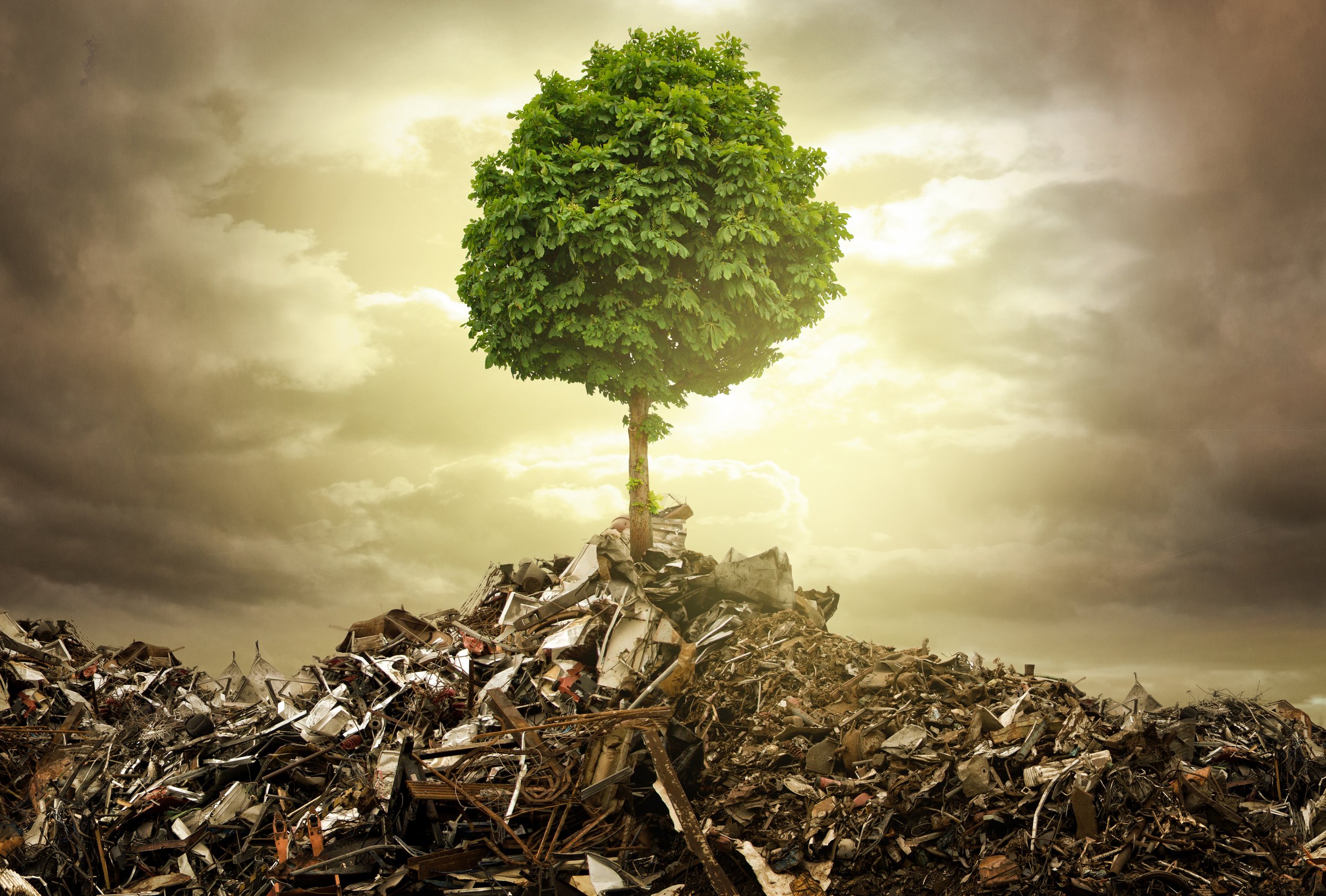
“Corruption has spread on land and sea as a result of what people's hands have done…” - Qur’an, 30:41
The Climate Crisis Explained
Unless we reduce our reliance on fossil fuel-based energy within the coming decade, the average global temperatures will continue to rise beyond 1.5 degrees Celsius, causing irreversible damage to the Earth’s ecosystem.
With rising global temperatures, and increasing instances of floods, droughts, and record-breaking wildfires around the world, the window of securing a sustainable future for our upcoming generations is closing fast.
However, this is still a race we can win. Learn about the reasons and consequences of the climate crisis, and what you can do about it below.
Consequences
-
The previous decade (2011-2020) was the warmest on record. Rising temperatures lead to wildfires, a rise in sea levels due to melting glaciers, and hazardous heat waves.
-
The melting of ice sheets has led to a rise in sea levels, leading to increased instances of global floods, putting almost two billion people at significant flood risk worldwide.
-
Global warming causes water shortages and desertification of land, leading to a situation where many people now face the risk of food and water shortages regularly.
-
Climate change is driving global hunger as it destroys or reduces the productivity of crops, fisheries, and livestock.
-
Increased flooding and displacement, rising costs of food and water due to shortages, and dangerous heat waves preventing work in outdoor jobs are increasingly pushing more people into poverty.
-
Climate change factors such as air pollution, extreme weather events, and forced displacement cause significant harm to the physical and mental health of millions of individuals every year.
-
About one million species face the risk of extinction in the coming decades due to climate change-related threats.
Causes
-
This is the biggest cause of global deforestation, accounting for about 26% of all greenhouse gas emissions, and immeasurable animal suffering, completely against the spirit of Islam.
-
Methane emissions, burning of garbage, and dumping waste material into rivers causes harm to the atmosphere, as well as to biodiversity.
-
Energy lies at the heart of the climate crisis, as fossil fuel-based power generation causes almost half of all global warming pollution.
-
Fossil fuel-powered transportation causes degradation in air quality, water pollution, and an overall adversely changing environment.
-
The global fashion industry produces more greenhouse gas emissions than France, Germany, and the UK combined, not to mention the micro-plastics certain textiles release into the environment.
-
Around 10% of global warming is the result of mass deforestation. It also results in massive loss of habitats driving many species to extinction.
-
Through air pollution, toxic waste, and water contamination, factories are responsible for two-thirds of all greenhouse gas emissions.
-
Military activity causes extensive use of fossil fuels, destruction of habitats and biodiversity, as well as widespread contamination of water, air, and soil.
Steps We Must Take
-
Cut out carbon-intensive foods, such as beef, lamb, and dairy, from your diet.
Adopt a plant-based diet.
Adopt a vegan lifestyle.
Read about the positive environmental impact of plant-based diets.
-
Be mindful of consumption habits.
Avoid plastics.
Compost and recycle.
Adopt digital alternatives for paper, etc.
Here are some tips on how to recycle better in your daily lives.
-
Shift to renewable energy sources.
Opt for sustainable energy providers.
Save energy around the home and workplace.
-
Opt for public transport.
Carpool.
Cycle.
Walk where possible.
-
Purchase clothes made from sustainable materials.
Recycle your clothes.
Purchase pre-owned clothes.
Opt for circular, sustainable fashion brands.
Read about the ways you can reduce your fashion environmental impact.
-
Participate in and organize tree plantation drives.
Advocate against deforestation.
Avoid products with palm oil.
Use less paper.
Recycle paper and cardboard.
Here are some actions you can take to help conserve forests.
-
Opt for companies that engage in sustainable manufacturing.
Boycott companies that produce excessive waste.
Opt for pre-owned goods.
Learn how you can be a green consumer here.
Find an eco business near you! -
Campaign against global armed conflicts.
Advocate for a decrease in global military spending and the diversion of those resources toward environmental initiatives.
Advocate for environmental peace-building.
Find out more about efforts to protect the environment in armed conflicts.
To create a lasting impact, it is crucial that we take action ourselves, as well as inspire others to join the cause. Let's rally together as Stewards of the Earth and strive towards safeguarding the planet.
